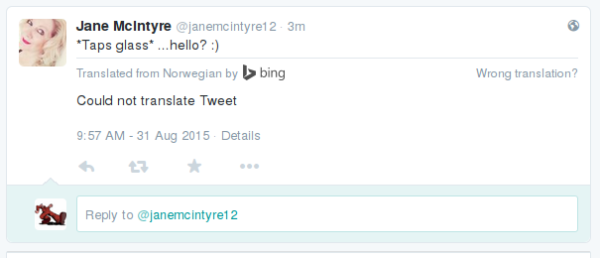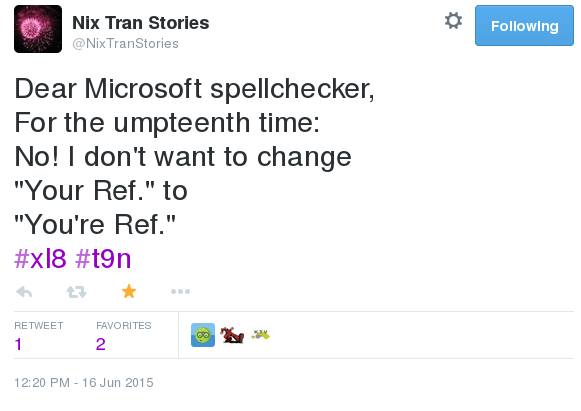Translator tampered with meeting minutes
 It’s been an open secret for many years that FIFA – the international governing body for football – has been as reliable as a nine pound note.
It’s been an open secret for many years that FIFA – the international governing body for football – has been as reliable as a nine pound note.
Following the departure from its HQ building by disgraced president Sepp Blatter, further details of malpractice in FIFA’s governance are now coming to light.
Yesterday’s Daily Mail reported some of this fall-out under the headline “FIFA translator: I was told several times to doctor records of ExCo meetings“.
According to the Mail, FIFA are investigating claims that a junior member of staff was told to falsify official records of FIFA’s meetings of its Executive Committee (ExCo) between 2001 and 2010.
Former FIFA employee Scott Burnett first worked as a translator and then as an assistant to FIFA Secretary General Jerome Valcke, who like Blatter, is currently suspended.
Mr Burnett dropped his bombshell via 3 tweets, as follows.
I wrote the minutes of FIFA ExCo meetings from 2001 to 2010. During that period, I was instructed several times to misrepresent discussions.
The instructions to misrepresent meetings came from the President’s office among others.
I did not share this information before because I was concerned about the repercussions and I did not know who to trust within FIFA circles.
We linguists – irrespective of whether we work as translators or interpreters or both – deal regularly with privileged and confidential information. This is why I rarely discuss the content of my work in public. As such, I have great sympathy for Mr Burnett since being told to falsify records must clearly have conflicted with that inbuilt sense of integrity which all linguists need to do their jobs.
Mr Burnett is no longer employed by FIFA and currently volunteers to support grassroots football.










 Today is
Today is 

